Gas, once considered a dirty word for the Labor party, has now become a focal point in Australia’s energy landscape. Anthony Albanese’s recent decision to support a 40-year extension of the North West Shelf gas project has sparked intense debates about the future of natural gas in the country.
Albanese’s move to back the extension was met with mixed reactions. While some hailed it as a necessary step to ensure future energy security, others criticized it as a reckless decision that could undermine Australia’s climate commitments. The debate underscores the delicate balance between meeting energy demands and addressing environmental challenges.
As Albanese navigates this contentious issue, he is keenly aware of the competing interests at play. In justifying his decision, he emphasized the importance of natural gas as a “transition fuel
” towards a cleaner economy with net zero emissions. He succinctly captured this sentiment by stating, “
It’s net zero, not zero. You can’t have renewables unless you have firming capacity – simple as that.”
The Labor government’s push for renewable energy sources is evident in its ambitious targets to increase reliance on wind, solar, and hydroelectric power. However, natural gas remains a significant part of Australia’s energy mix despite its carbon footprint. This dilemma reflects a global challenge faced by many countries striving to balance economic growth with environmental sustainability.
Critics argue that prolonging reliance on natural gas contradicts efforts to combat climate change effectively. They advocate for phasing out fossil fuels like gas in favor of cleaner alternatives to reduce greenhouse gas emissions significantly.
Dino Otranto from Fortescue highlighted concerns about Australia’s climate ambition in light of the North West Shelf extension. He pointed out that extending fossil fuel projects could hinder progress towards achieving emission reduction goals and transitioning to renewable energy sources.
The government’s endorsement of an expanded gas industry aligns with its broader strategy to drive Australia’s energy transition while supporting liquefied natural gas (LNG) exports for international decarbonization efforts. This shift signals a recognition of the role that gas plays in ensuring energy security both domestically and abroad.
Woodside Energy CEO Meg O’Neill noted a notable evolution in public perception regarding gas usage. She underscored the necessity of managing the pace of the energy transition effectively—a sentiment echoed by policymakers grappling with complex decisions about Australia’s energy future.
Despite increasing support for gas projects like Woodside’s Karratha extension and proposed developments in untapped reserves such as Browse Basin, lingering controversies persist around fracking initiatives like those in Beetaloo Basin and Narrabri Gas Project. These projects face opposition from environmentalists and indigenous communities concerned about their impact on local ecosystems and cultural heritage.
The debate surrounding Labor’s evolving stance on natural gas reflects broader global trends where governments are confronted with balancing short-term energy needs against long-term environmental priorities. As Australia continues its journey towards sustainable energy practices, finding common ground between economic imperatives and ecological responsibilities will remain paramount.


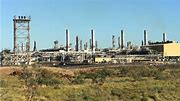

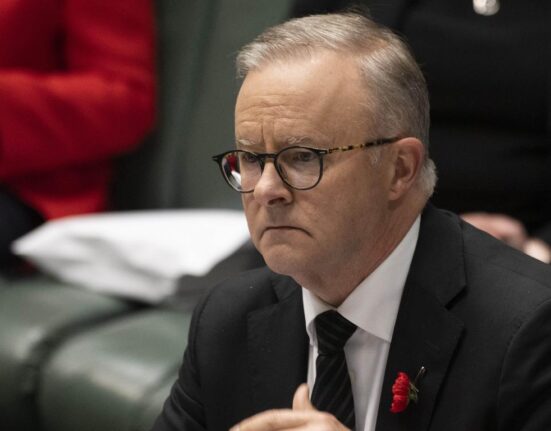
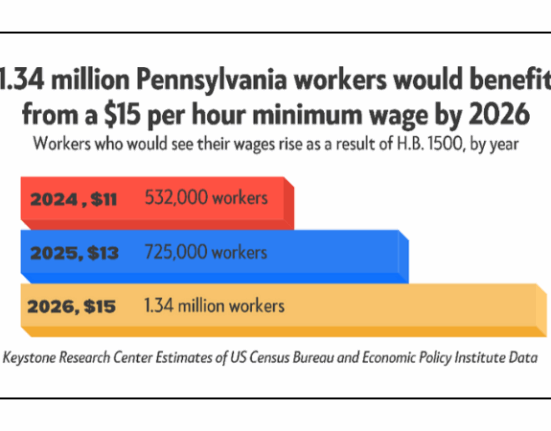
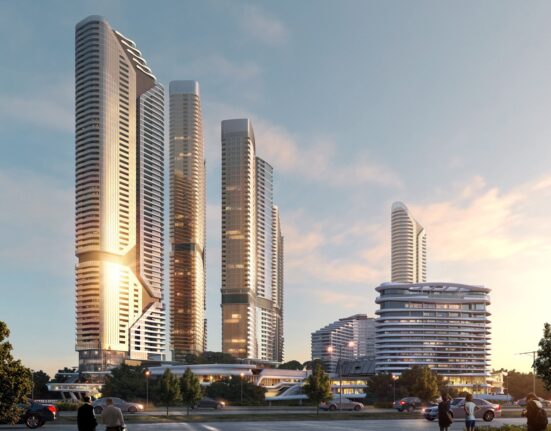
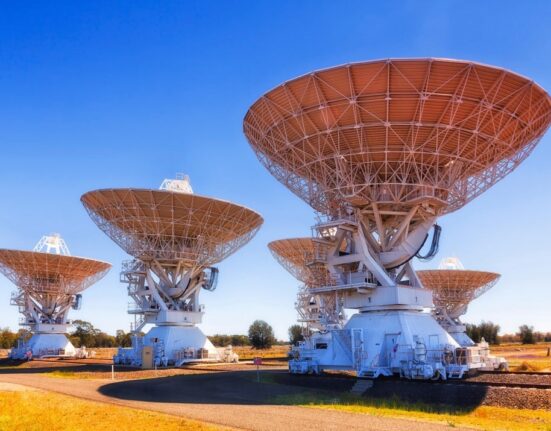

Leave feedback about this